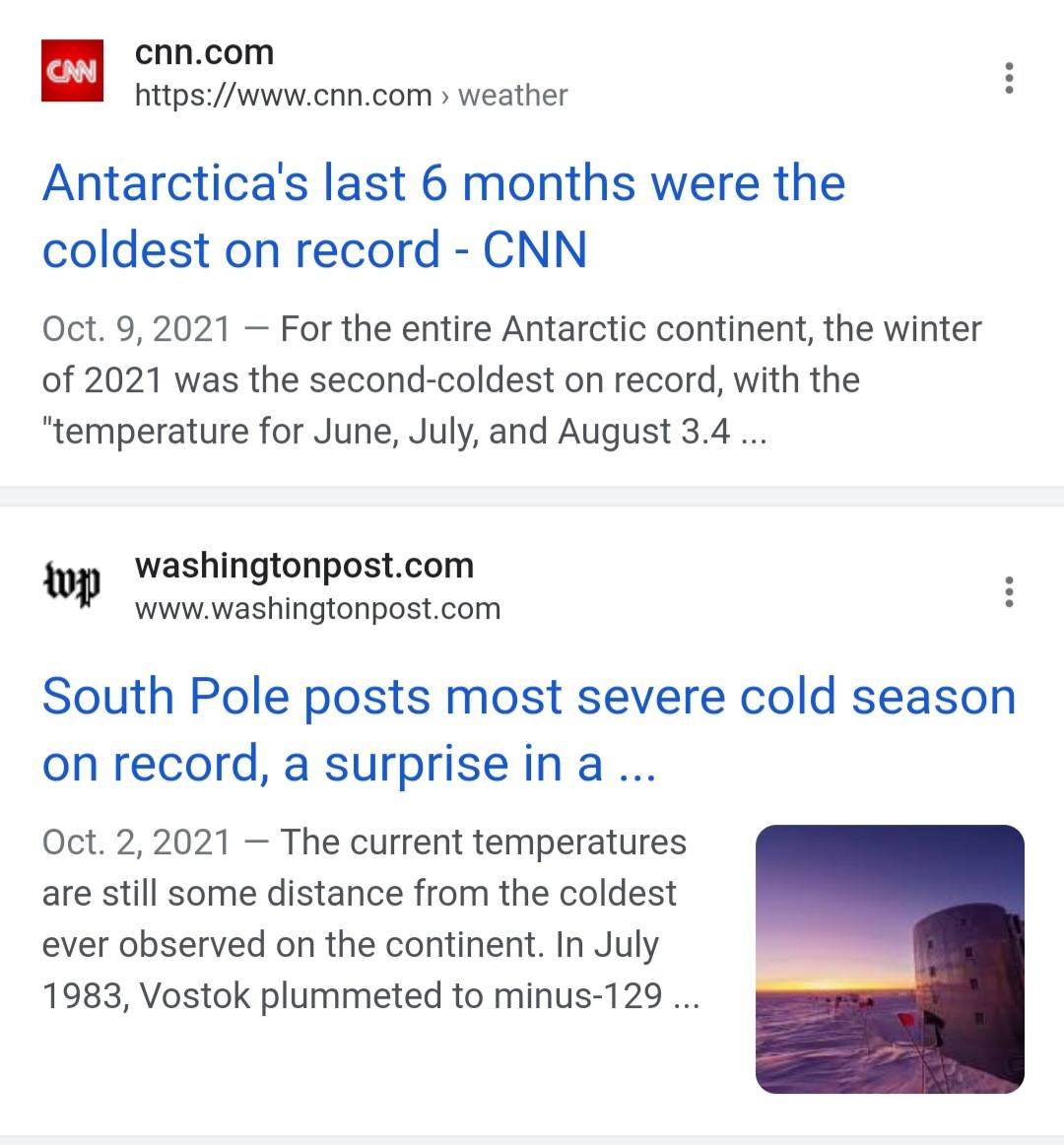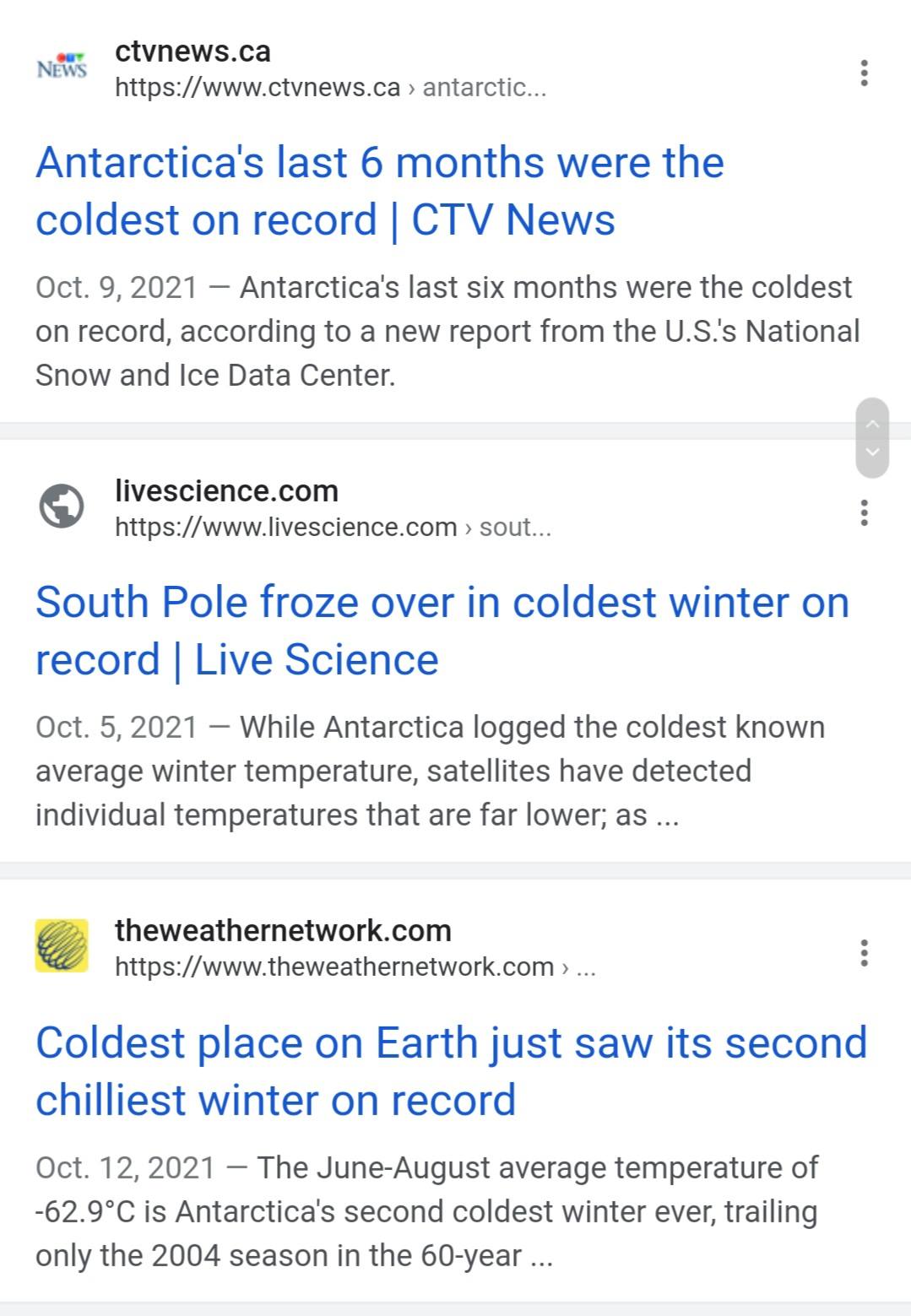Originally posted by blackpowder
View Post
Aren't we talking about the period between increased carbon emissions during the industrial revolution and present day?
You do agree that increasing carbon dioxide in the atmosphere is a proven greenhouse gas? If not don't bother with this thread.


 . Chucks climate cult coming for you!
. Chucks climate cult coming for you!
Comment